Three of the top five highest-paid NBA players are former 'Cats
Anthony Davis just became the NBA’s highest-paid player on a per-year basis when he signed a staggering $186 million maximum contract extension with the Los Angeles Lakers. Though each season works on an escalating scale, he will average a cool $62 million per season.
In fact, former Kentucky players now make up three of the top five highest-paid NBA ballers. Jaylen Brown ($60.7 million) and Damian Lillard ($59.9 million) are just behind Davis, followed by Devin Booker and Karl-Anthony Towns who both average $58.7 million on their current contract.
Similarly, Shai Gilgeous-Alexander is likely to become the first NBA player to sign a contract worth $400 million.
Insert the Breaking Bad meme of Huell lying on a crate of money here. If you prefer, you could also choose to go with Scrooge McDuck swan diving into his pool of gold coins.
While those top numbers are insanely high, how much of that do these players actually get to keep? Another former Kentucky player who also happens to be on a max contract of his own worth $163 million over five years ($32.6 million annual average), De’Aaron Fox, weighed in a tweet post on X breaking down AD’s tax implications.
What in the world is a Jock tax?
$24 million out of a top-line number of $62 million is just 38.7% of net pay. De’Aaron Fox commented on this eye-popping realization: “9 times out 10 you get the escrow back but still [blowing nose emoji]”
The blowing nose emoji likely means that kind of makes him feel sick.
Most working Americans are very familiar with federal taxes, state taxes, and FICA/medicare. And while many folks cannot relate directly, an agent fee for NBA players makes sense. But what about this Jock tax and NBA Escrow?
As Fox said, most of the time the NBA Escrow contribution is distributed back to the players. However, initially, the NBA holds 10% of player salaries in an account. If player salaries fail to reach the collectively bargained threshold of revenue given to players, money is given back to players. If player salaries exceed the agreed-upon percentage, the difference is then distributed to the owners.
As for the Jock tax, because players play all over the country (not to mention Canada), they essentially “work” in multiple states. Those states (and sometimes cities or counties) tax the work they do in them (meaning the games played in them), and as you know, some cities and states have a higher tax than others.
Fox noted that players for teams in California get hit the hardest because they play 41 home games plus all the teams in California more often than teams back east.
Fox also pointed out that the player who went behind him in the NBA draft (Jonathan Isaac) netted more money during their rookie seasons because Orlando selected him and the tax rate there is lower than Sacramento.
No one is complaining, though
Even after saying all that, Fox also made it a point to say he is by no means complaining. He is just having a conversation about it. Ultimately, a net of $24 million per year is not exactly chump change, and assuming Davis will reclaim the $6 million he has to initially stash away in the NBA escrow, that take-home amount grows to $30 and closer to 50% of his gross pay.
Fox is not ungrateful and has said multiple times over the years how much he loves Sacramento. So, while it is fun to break down the plight of folks who make more money in a single year playing basketball than most of us will make in our entire lives, these guys are doing just fine.
It is like Calipari says, don’t trip over nickles when the goal is to get to an NBA max contract.
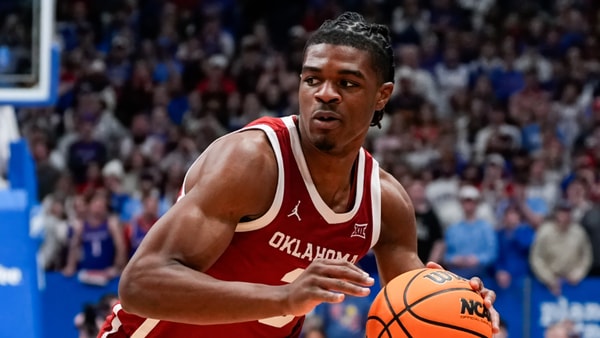
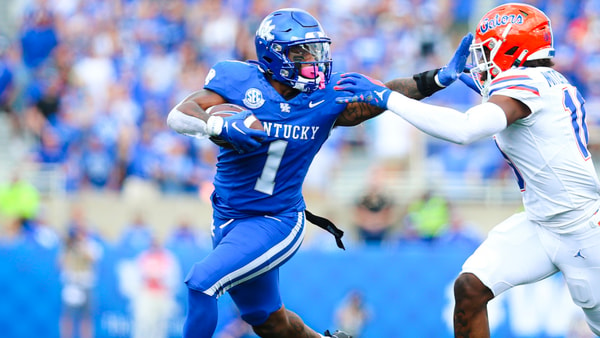
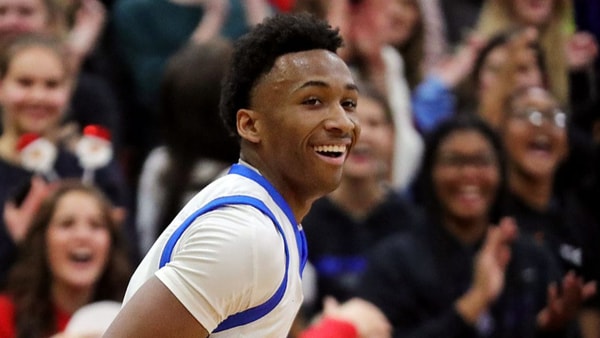
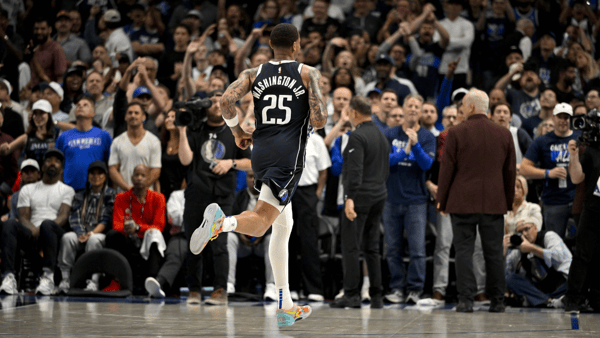
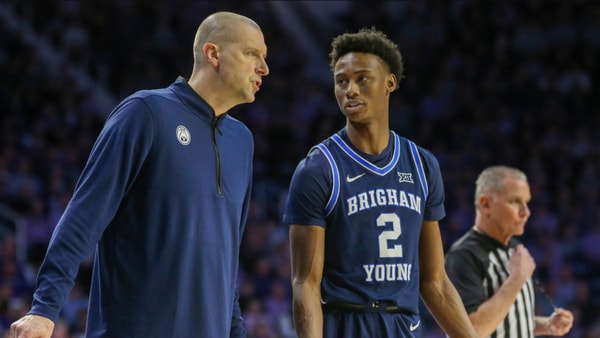
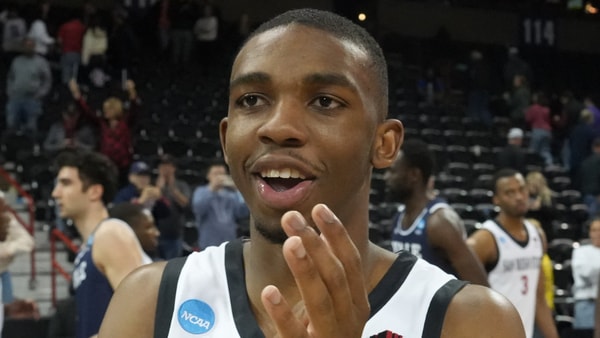
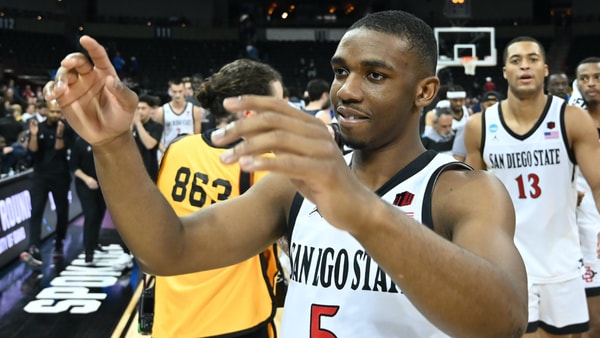
Discuss This Article
Comments have moved.
Join the conversation and talk about this article and all things Kentucky Sports in the new KSR Message Board.
KSBoard